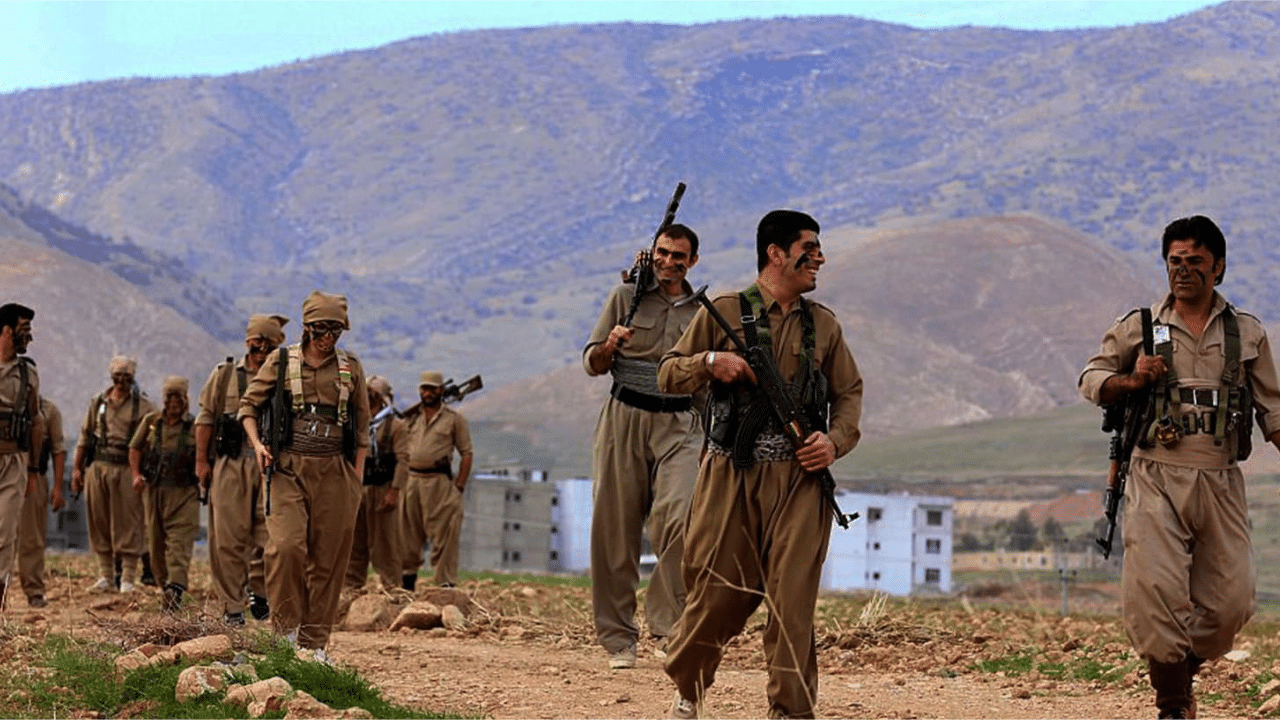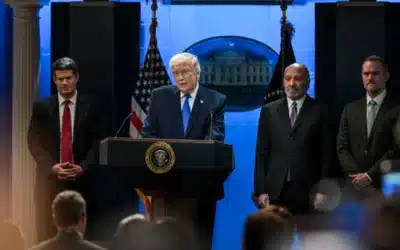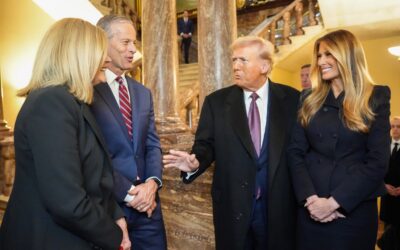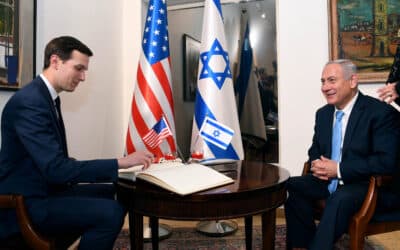Iran announced it reached an agreement with Iraq to both disarm and relocate exiled Iranian Kurdish “armed terrorist groups” operating in camps in the autonomous Kurdish region of northern Iraq (IKR) on Monday. Baghdad must accomplish the task before a mid-September deadline unless Iranian forces will intervene.
Speaking before a news conference, Iranian Foreign Ministry spokesperson Nasser Kanani said “according to a deal reached between the Iranian and Iraqi governments, the Iraqi government has pledged to disarm armed terrorist groups in Iraq by September 19.” Tehran has also notified the UN of its demands and agreement with Iraq.
“The relations between the [Iran and Iraq] are warm, friendly, and constructive, but the presence of terrorist and separatist armed forces in the Kurdistan region with armed activities against Iran’s security is a black point in bilateral relations,” the Iranian Foreign Ministry stated.
An Iraqi Foreign Ministry spokesman has said this demand was outlined in an agreement regarding border security signed by both governments earlier this year.
Kanani clarified that there will be no extensions. “The September 19 deadline will under no circumstances be extended… After this deadline, if Iraq fails to meet its commitments, the Iranian government will assume its responsibility, in order to ensure the country’s security.”
Tehran has accused Kurdish groups of being involved with some of Tel Aviv’s attacks as well as recent civil unrest within Iranian borders. In March 2022, as a response to Israeli drone attacks in Tabriz which killed as many as three people, Iran’s Revolutionary Guard launched a ballistic missile strike on Erbil – the IKR capital – targeting an alleged Mossad base.
Later in November, the Revolutionary Guard carried out drone and missile strikes on the IKR targeting Kurdish opposition groups, Komala and the Democratic Party of Iranian Kurdistan, killing some fighters.
This came as Tehran was cracking down on domestic protests, particularly in Kurdish regions, during major demonstrations sparked by the death of Mahsa Amini, a young Iranian Kurdish woman. Amini died while in police custody. Other Kurdish militant groups based in Iraq, such as the Kurdistan Freedom Party, have been attacking Iran during the protests as well.
Per the new agreement, Baghdad has committed to “transfer [Kurdish militants] to camps provided by the Iraqi government,” Kanani explained.
Transit camps in Iraq, where Sunni Muslim refugees including family members of Islamic State members and other displaced people are held, have a notorious reputation. According to aid workers, there is widespread sexual abuse in these camps perpetrated by UN staff and Iraqi security forces.

































